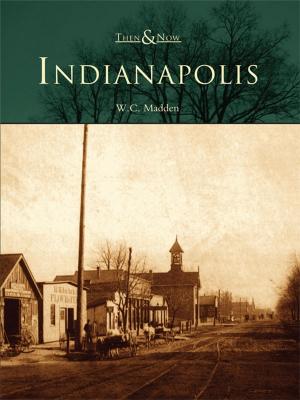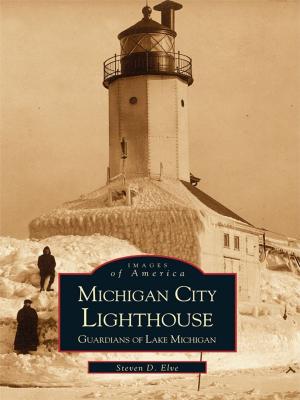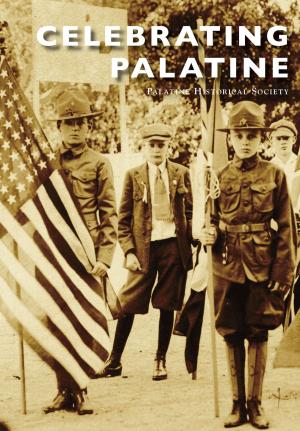| Author: | Paul A. Handverger, Clarkdale Historical Society | ISBN: | 9781439645109 |
| Publisher: | Arcadia Publishing Inc. | Publication: | May 12, 2014 |
| Imprint: | Arcadia Publishing | Language: | English |
| Author: | Paul A. Handverger, Clarkdale Historical Society |
| ISBN: | 9781439645109 |
| Publisher: | Arcadia Publishing Inc. |
| Publication: | May 12, 2014 |
| Imprint: | Arcadia Publishing |
| Language: | English |
Clarkdale is recognized as a �Place of History� in the National Register of Historic Places, possessing both historical and architectural significance. Clarkdale�s story began eons ago with the creation of its natural environment. The first people came thousands of years ago to this lush land, followed by subsequent cultures that made use of the abundant water, rich soil, and moderate climate. In the early 20th century, mining magnate William Clark built the smelter company town of Clarkdale; the agricultural age was soon replaced by the industrial age. Clark became one of the wealthiest men in America, with most of his money coming from the output of Clarkdale�s smelter. Since the smelter closure in 1953, the former workers� homes, smelter site, and company lands have been recycled into today�s homes, a tourist destination, and a place of museums, education, and the arts, all located within a spectacular environment of mountains and river. This book presents that story.
Clarkdale is recognized as a �Place of History� in the National Register of Historic Places, possessing both historical and architectural significance. Clarkdale�s story began eons ago with the creation of its natural environment. The first people came thousands of years ago to this lush land, followed by subsequent cultures that made use of the abundant water, rich soil, and moderate climate. In the early 20th century, mining magnate William Clark built the smelter company town of Clarkdale; the agricultural age was soon replaced by the industrial age. Clark became one of the wealthiest men in America, with most of his money coming from the output of Clarkdale�s smelter. Since the smelter closure in 1953, the former workers� homes, smelter site, and company lands have been recycled into today�s homes, a tourist destination, and a place of museums, education, and the arts, all located within a spectacular environment of mountains and river. This book presents that story.















